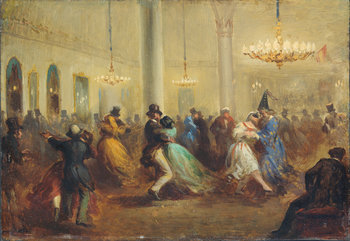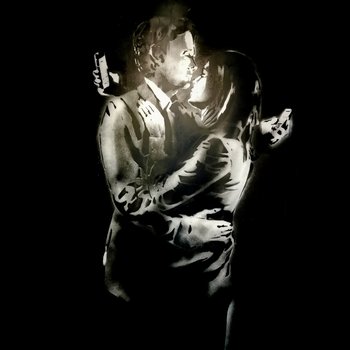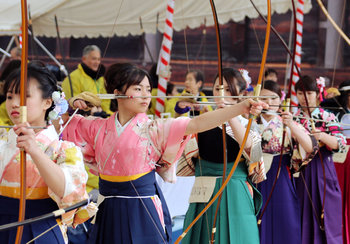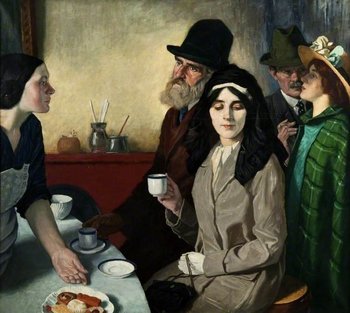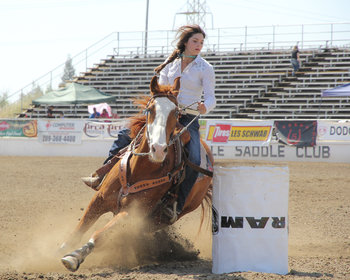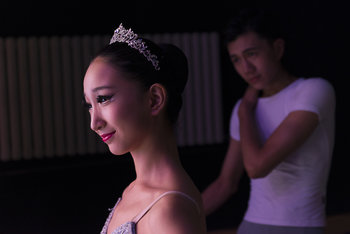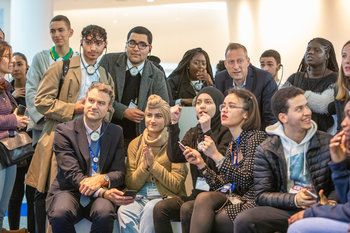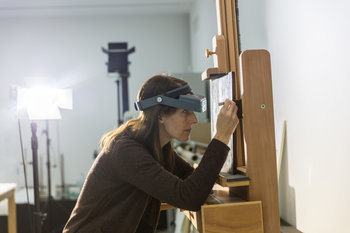
Game Transfer Phenomena
The technical term for the tetris effect is game transfer phenomena. For example, a gamer who experiences a large number of dramatic situations in a game may half expect these situations to occur in real life.Toil
Repetitive work is known to cause repetitive thoughts and dreams. For example, if you spend all day putting weeds out of a garden you may obsess about them for several hours afterward or perhaps dream about them.Entertainment
Entertainment such as movies are more passive than games but can still influence cognition and dreams. For example, you may compare people that you meet to characters from film and imagine they are similar in certain aspects. Storytelling can also shape reality as inventions from fiction can influence inventors. Likewise, social constructs often originate with stories, myth and legend.Sports
An individual who watches a great deal of sports may begin to model real world situations with sports analogies. For example, a salesperson who thinks of rejection in terms of a batting average from baseball.Filter Bubbles
A filter bubble is the use of technology to find media and social connections that align with your worldview. People who spend a lot of time in a filter bubble will tend to overestimate how much people in real life agree with them. It is also likely that filter bubbles reduce tolerance for disagreement whereby an individual has formed a habit of blocking anyone who disagrees with them.Becoming The Job
Anecdotal evidence suggests that a profession can influence an individual's character, habits and behavior over the long term. For example, an accountant who becomes increasingly systematic and rigid over the course of their career due to the repeated need for discipline and attention to detail in their profession. This could be counterbalanced with leisure activities that involve chaos, risk taking and spontaneity such as improv.| Overview: Tetris Effect | ||
Type | ||
Definition | The tendency for repeated behavior to influence your perception, cognition, behavior and dreams. | |
Related Concepts | ||





